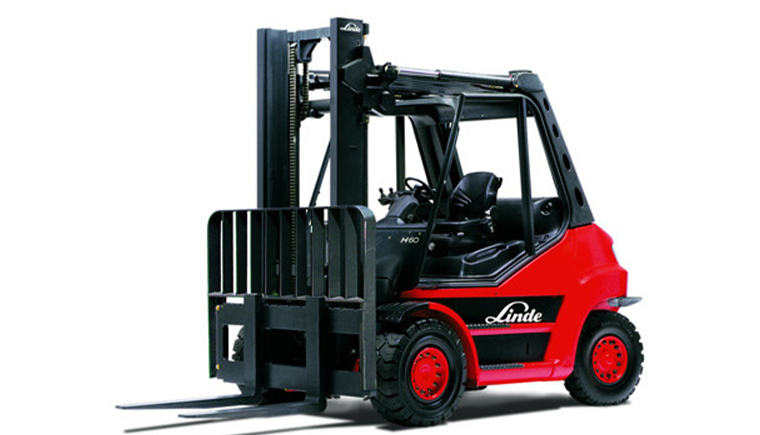Diesel forklift trucks are industrial vehicles powered by diesel engines and equipped with fork attachments for lifting and transporting heavy loads. They are commonly used in warehouses, distribution centers, manufacturing facilities, construction sites, and other settings where materials handling tasks are frequent.
Key features and characteristics of diesel forklift trucks include:
- Diesel Engine: These forklifts are powered by diesel engines, which offer high torque and are well-suited for heavy-duty applications. Diesel engines provide reliable performance and fuel efficiency, making them popular choices for outdoor use and heavy lifting tasks.
- Load Capacity: Diesel forklift trucks come in various load capacities ranging from a few thousand pounds to over 100,000 pounds, depending on the model and manufacturer. They are capable of lifting and transporting a wide range of loads, including pallets, containers, and machinery.
- Versatility: Diesel forklifts are versatile machines that can be used in a variety of environments, including both indoor and outdoor settings. They are often equipped with pneumatic tires for outdoor use and cushion tires for indoor applications.
- Durability: Built to withstand tough working conditions, diesel forklift trucks are designed for durability and longevity. They are constructed with heavy-duty materials and components to handle rugged environments and frequent use.
- Fuel Efficiency: While diesel engines are known for their power, modern diesel forklifts are engineered for improved fuel efficiency and reduced emissions. They typically feature advanced engine technologies and emission control systems to meet environmental regulations.
- Maintenance: Like any industrial equipment, diesel forklifts require regular maintenance to ensure optimal performance and longevity. Maintenance tasks may include engine tune-ups, lubrication, filter replacements, and inspections of key components.
- Safety Features: Diesel forklift trucks are equipped with various safety features to protect operators, pedestrians, and loads. These may include overhead guards, seat belts, backup alarms, lights, and ergonomic operator controls.
- Operator Training: Proper training is essential for operating diesel forklift trucks safely and efficiently. Operators should receive comprehensive training on forklift operation, safety protocols, and maintenance procedures to minimize the risk of accidents and injuries.
Overall, diesel forklift trucks are essential tools for materials handling in industrial and commercial settings, offering robust performance, versatility, and reliability for a wide range of applications.

